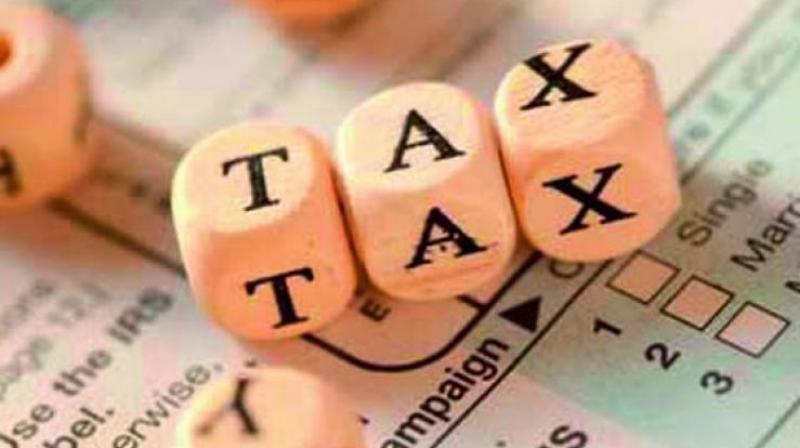GST will ensure online traders pay state taxes
The CST's move to penalize online traders, CST officials themselves admit, had no legal basis.

THIRUVANANTHAPURAM: With GST just round the corner, the Commercial Sales Tax Department has given up its fight to secure a state a share of the online trade bounty. Once GST is in force, the state knows that these online companies will have to remit tax in the state. “GST is a destination-based tax and therefore the new tax regime will solve our big worry without having to pursue any court case,” a top tax official said.
Right now, the Commercial Sales Tax Department has provided notices only to Flipkart, Jabong and Koovs but has left untouched other big players like Amazon, e-bay and SnapDeal. And those served notices have been surprisingly cold, too. Of the three, only Flipkart has bothered to respond. Koovs had not even acknowledged the receipt of the notice. As a result, a penalty order has been slapped only on Flipkart.
But Flipkart, though it had responded to the notice, is yet to acknowledge a penalty order of Rs 37.65 crore dispatched as a registered letter to its office in Bangalore on December 31, 2014. Fact is, even after nearly a year no steps have been taken to even get a proof of delivery from the postal department. In short, action against online traders has virtually come to a halt.
The CST’s move to penalize online traders, CST officials themselves admit, had no legal basis. Since online trading is a new phenomenon, the central and state tax laws are blind to the development. “Our plan was to force these online platforms to move the court against the penalty. This will then give us the chance to argue in court about the huge sales these online traders were making in the state without paying any taxes, a CST intelligence officer said.
New central software to check corruption
A powerful new central server will be installed at the Commercial Sales Department by the end of next month, which according to finance minister Dr T.M. Thomas Isaac would put an end to corruption. “After the five-day training for tax officials as part of the shift to GST, it was widely felt that corruption was the primary reason for the fall in tax revenues during the last three fiscals,” Dr Isaac said.
According to Isaac, scrutiny of tax returns, which is now being done in a shoddy selective manner, can be carried out in a comprehensive manner. “The change from manual to software-assisted automated scrutiny will revolutionise tax administration in the state,” the finance minister said. Dr Isaac has also instructed the department to launch a grading scheme for tax officials. “Officers will be graded according to performance,” he said. Only the top-ranked officials will be posted at sensitive areas like Walayar.
Scrutiny of returns is the only mechanism to ensure whether the right amount of tax has been remitted to the state’s coffers. But the latest CAG audit had revealed that if 5.71 percent of periodical returns were scrutinised in 2012-13, the next fiscal it fell to 3.71 percent. In the absence of scrutiny, assessees will have a tendency to understate their taxable amount. There are no guidelines in picking up returns to be scrutinised either. “Assessing officers pick up files according to their whim and this adhocism was affecting the transparency in the selection process of files for scrutiny,” a top tax official said.

